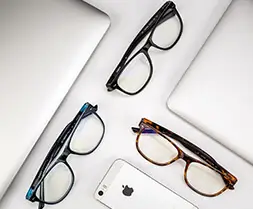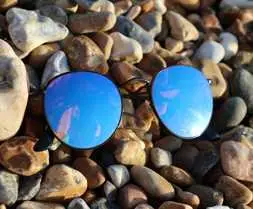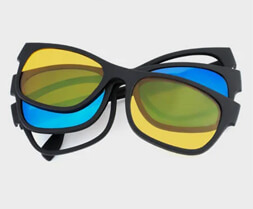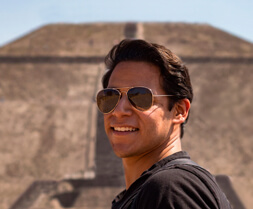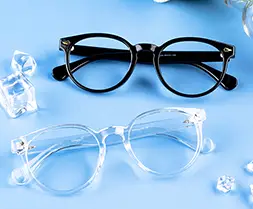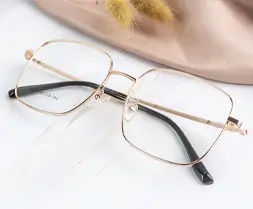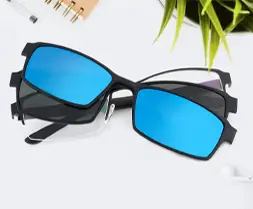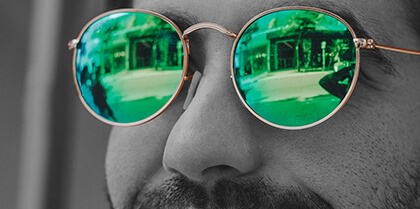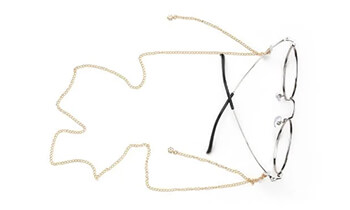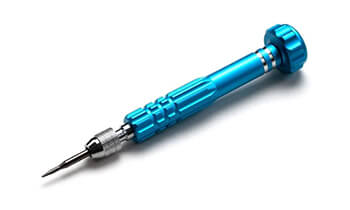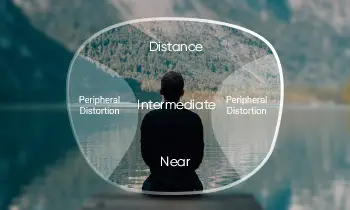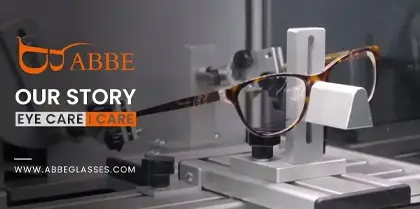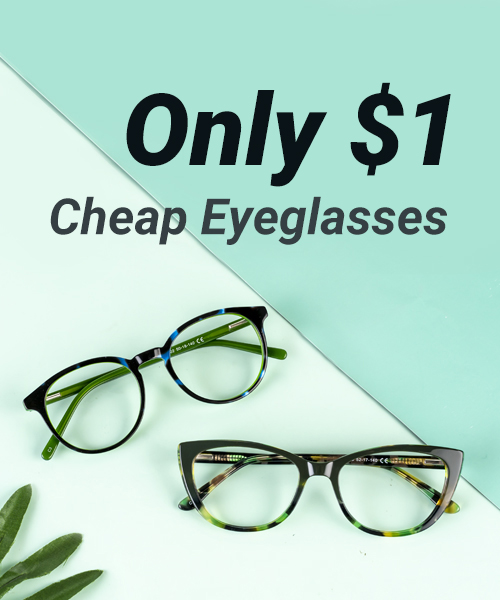Wearing prescription eyeglasses and myopia surgery are two different ways of correcting myopia (nearsightedness) and have their own advantages and disadvantages.
One advantage of wearing prescription eyeglasses is that they are a non-invasive, easy-to-use option for correcting myopia. Eyeglasses are generally a low-cost solution that can be obtained quickly, with a range of frames and lenses available to fit personal style and preference. Wearing eyeglasses does not require any recovery time or involve any significant risk of complications. However, one disadvantage of eyeglasses is that they can be a hassle to carry around and keep track of, and they may be easily lost or damaged. Some people may also feel self-conscious or limited in their activities while wearing glasses.
On the other hand, myopia surgery provides a more permanent solution to myopia, eliminating the need for glasses or contact lenses. The results of the surgery can be life-changing for people who have struggled with vision issues for years, and they can enjoy greater freedom and convenience in their daily activities. However, myopia surgery is a more complex and invasive option than wearing glasses, and it requires a significant financial investment. In addition, the surgery may not be suitable for everyone, as certain conditions or factors may make a person a poor candidate for the procedure.
Ultimately, the choice between wearing prescription eyeglasses and myopia surgery depends on personal preference, lifestyle, and suitability. Some people may prefer to stick with glasses due to their simplicity and low cost, while others may be more interested in the long-term benefits of myopia surgery. It is important to discuss the options with an eye doctor or ophthalmologist to determine the best choice for each individual.
Key Differences
#Long-term effect: While wearing eyeglasses provides temporary correction of myopia, myopia surgery is a permanent solution. The results of myopia surgery can last for many years or even a lifetime. Many people who have undergone myopia surgery have reported significant improvements in their quality of life and overall satisfaction with the procedure, suggesting that the long-term benefits of myopia surgery may outweigh any potential risks.
#Cost: Myopia surgery is generally more expensive than prescription eyeglasses. However, when considering the cost of regular eye exams, new lenses and frames, and potential loss or damage to eyeglasses, the long-term cost of myopia surgery may be comparable or even less expensive.
#Convenience: Once the eyes have healed from the procedure, patients who have undergone myopia surgery can enjoy the convenience of not needing to wear glasses or contact lenses. This can be particularly beneficial for people who engage in sports or other activities where glasses may be inconvenient or not allowed.
#Risks and side effects: While both wearing prescription eyeglasses and myopia surgery are generally considered safe, myopia surgery does involve some risks and potential side effects, such as dry eyes, halos or glare, and the potential need for further corrective surgery.
#Suitability: Not everyone is a good candidate for myopia surgery, and the suitability of the procedure depends on factors such as the degree of myopia, the shape of the eye, and the general health of the eye. Prescription eyeglasses are a suitable option for most people with myopia.
As mentioned, myopia surgery is a safe and effective procedure, but it does carry some risks and is not suitable for everyone. Here is more information about the risks and suitability of myopia surgery:
Risks:
1. Dry eyes: After the surgery, patients may experience dry eyes, which can be uncomfortable and may require eye drops or other treatments.
2. Halos or glare: Some people may experience halos or glare, particularly at night, which can interfere with vision.
3. Overcorrection or under-correction: In some cases, the surgery may not correct myopia as intended, resulting in overcorrection or under-correction of vision.
4. Infection: As with any surgery, there is a risk of infection, although this is rare.
5. Need for further surgery: In some cases, additional surgery may be necessary to achieve the desired level of correction or to correct any complications that may arise.
Suitability:
1. Degree of myopia: The degree of myopia plays a significant role in determining whether a person is a good candidate for myopia surgery. In general, people with mild to moderate myopia are better candidates than those with severe myopia.
2. Age: Myopia surgery is not recommended for people under the age of 18, as the eyes may still be developing and changing.
3. The general health of the eyes: A thorough eye examination is required to determine the overall health of the eyes, as certain conditions such as cataracts, glaucoma, or other eye diseases may make myopia surgery unsuitable.
4. Corneal thickness: The thickness of the cornea must be sufficient to accommodate the surgery, and people with thin corneas may not be suitable candidates.
5. Stable prescription: The prescription for myopia should have been stable for at least a year prior to the surgery. If a person's prescription is still changing, it may be best to wait before undergoing surgery.
In summary, myopia surgery is a safe and effective way to correct myopia for many people, but it is important to carefully consider the risks and suitability of the procedure before making a decision. A consultation with an eye doctor or ophthalmologist can help determine whether myopia surgery is the right option for each individual. You still need to consider a pair of prescription glasses as your best option for vision correction until you've fully decided!



